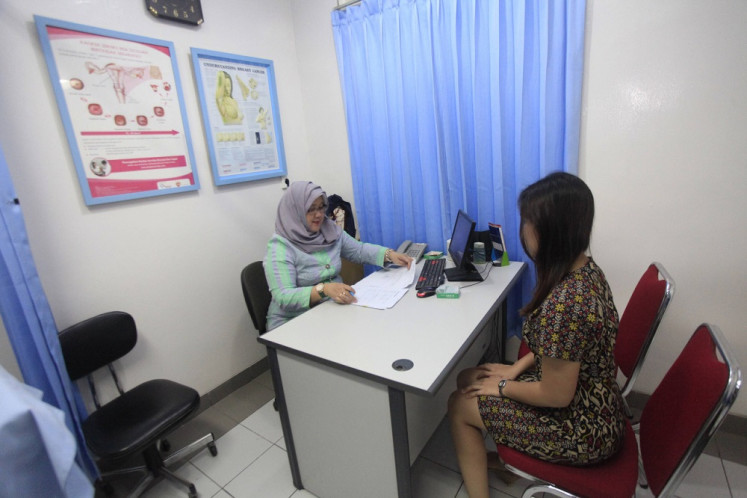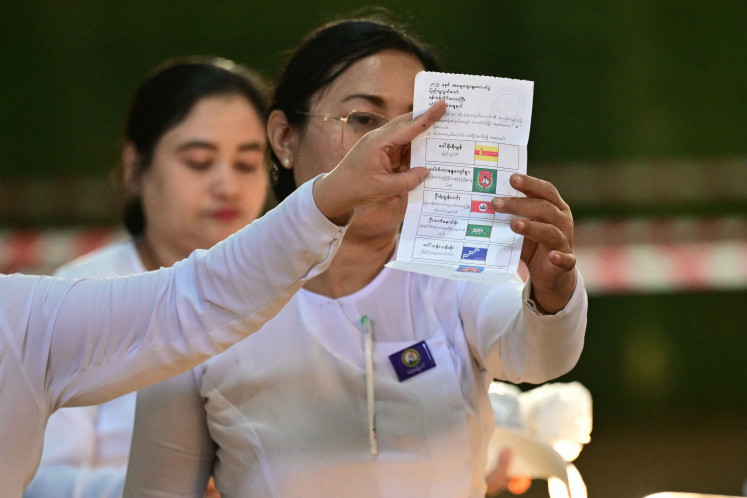Popular Reads
Top Results
Can't find what you're looking for?
View all search resultsPopular Reads
Top Results
Can't find what you're looking for?
View all search resultsCombating plastic pollution before it takes root
While a ban on plastic bags could help reduce the amount of waste, it may not be enough to address the scale of the problem.
Change text size
Gift Premium Articles
to Anyone
In 2018, the world was taken aback when an al-Qaeda-backed terrorist group, Al-Shabaab, known for its violent acts, surprisingly imposed a ban on single-use plastic bags, citing concerns about the well-being of humans and animals alike, and highlighting their concern for the environment.
Meanwhile, in Indonesia, a nation deeply vested in preserving its natural beauty and resources, a monumental plastic-waste crisis looms large. The country generates a staggering 6.8 million tonnes of plastic waste annually (Zero Waste Center), Alarmingly, it turns out that Indonesia has become one of the largest global importers of plastic waste. In 2020, Indonesia's net import of plastic waste reached 138,000 tonnes (Katadata).
As plastic pollution continues to plague our land, oceans and communities, finding a viable solution is paramount. While banning plastic bags may initially appear as an obvious remedy, the reality is far from straightforward.
Efforts to tackle the plastic-waste crisis in Indonesia by solely banning plastic bags may not yield the expected results. Several compelling reasons underpin this dilemma. One significant challenge is the country's waste management infrastructure, which is struggling to cope with the massive amounts of plastic waste generated every day.
While a ban on plastic bags could help reduce the amount of waste, it may not be enough to address the scale of the problem. The existing facilities may not be able to handle the volume of waste, potentially making the environmental situation even worse.
To overcome this, comprehensive and sustainable waste management systems are required, including the development of more efficient recycling and waste-to-energy facilities.
Furthermore, there are concerns about the impact of a plastic-bag ban on the informal sector. Many marginalized waste collectors and traders rely on the plastic waste trade for their livelihoods. A sudden ban on plastic bags could put their jobs at risk and worsen socioeconomic disparities.



















